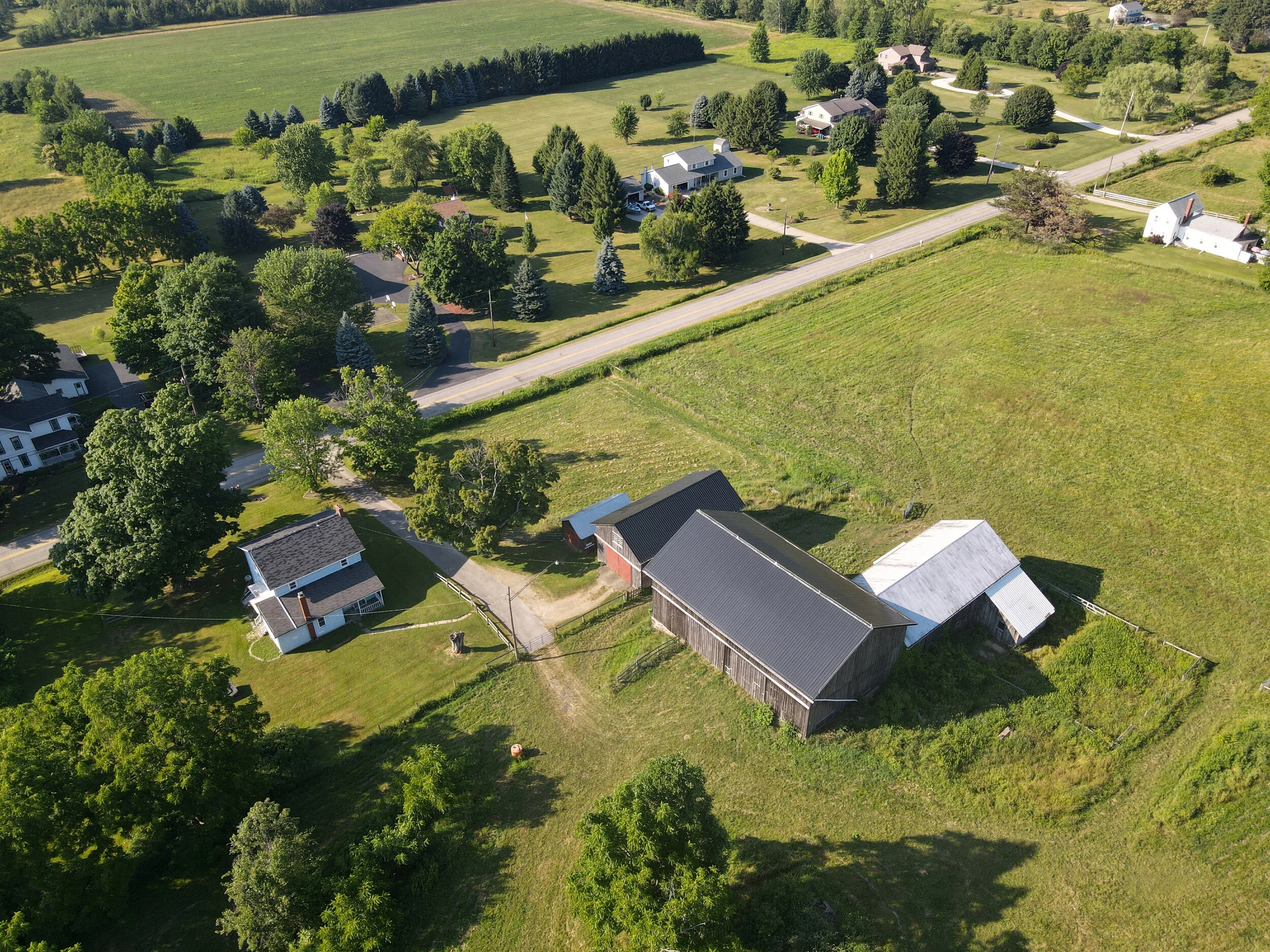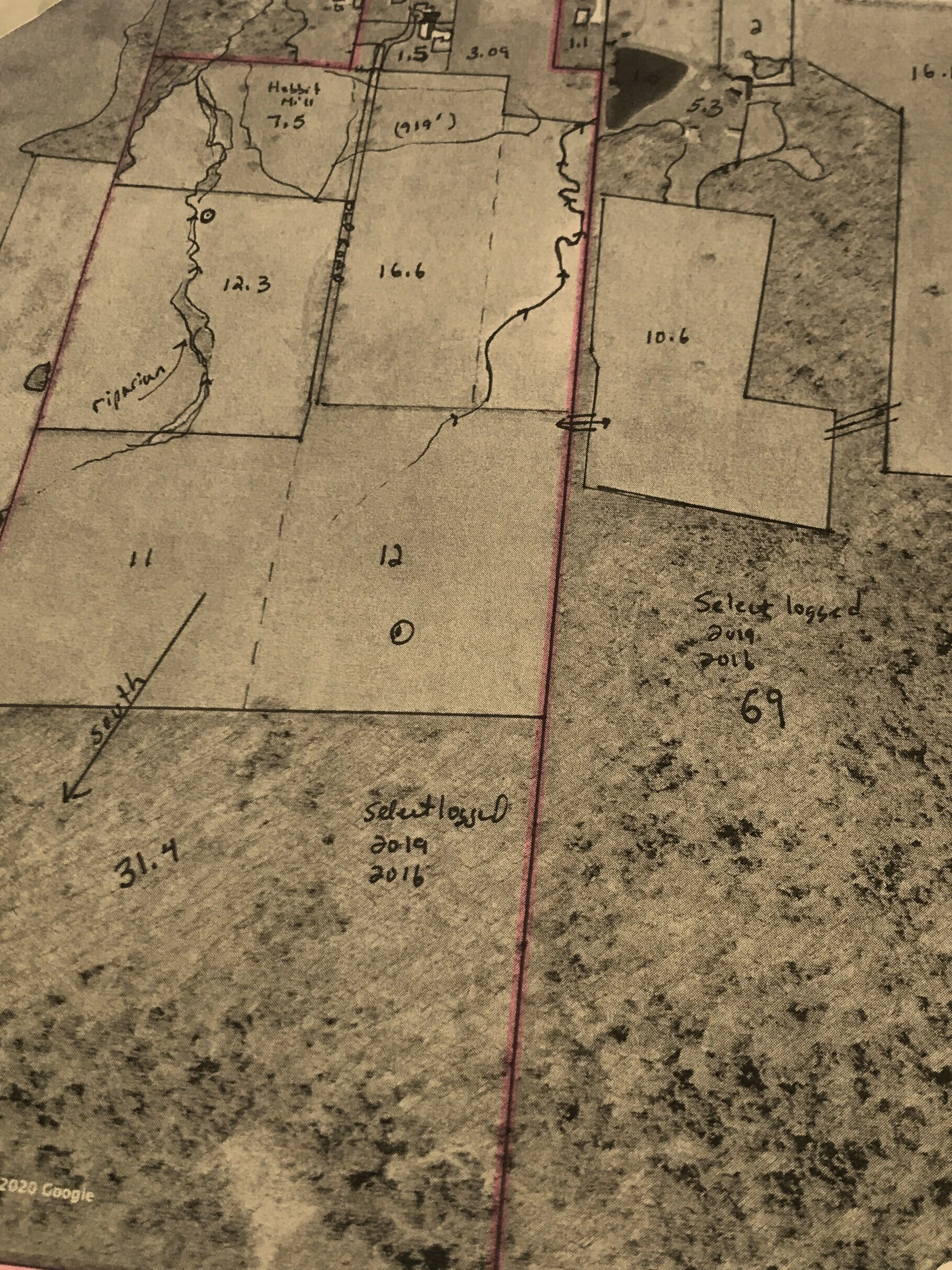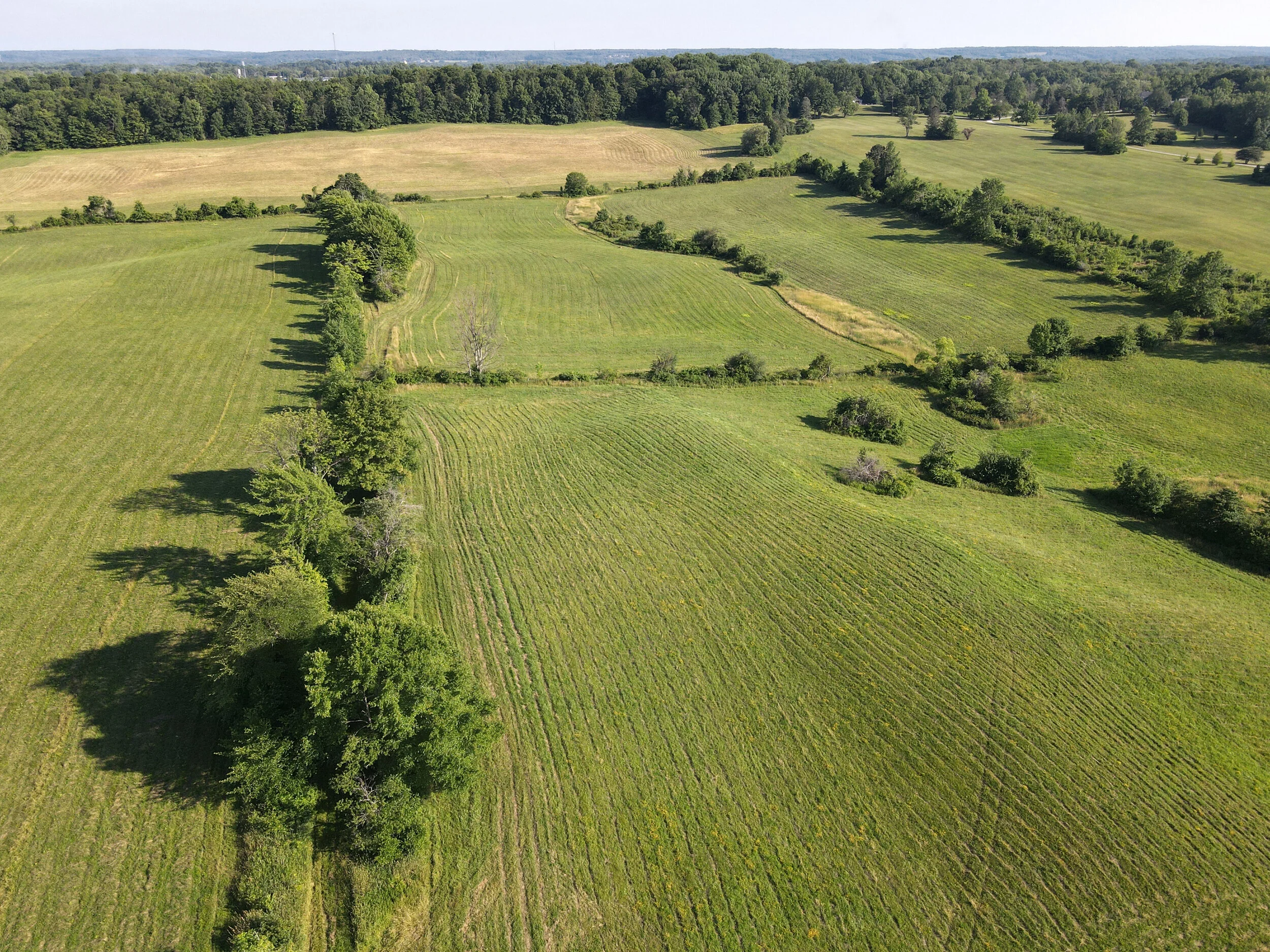“So, friends, every day do something that won't compute...Give your approval to all you cannot understand...Ask the questions that have no answers. Put your faith in two inches of humus that will build under the trees every thousand years...Laugh. Be joyful though you have considered all the facts....Practice resurrection.”
― Wendell Berry, The Country of Marriage
Ridgemeade Farms was started in the middle of the last century by Robert McElroy, an engineer and avid fan of Rudolph Steiner, creator of the BioDynamic movement. Decades later, as America moved toward World War II, McElroy purchased the farm. As the world seemed to fall apart he felt that creating food security for his family and his community was of utmost importance. The farm is replete with McElroy’s engineering brilliance layered on top of Steiner’s teachings about BioDynamics and Biomimicry. Having passed away in 1984 at 106, McElroy was survived by his daughter, Elizabeth Geer who passed away in 2023 at 103 years young. The farm, having raised upwards of 40 beef cattle annually, has never seen chemical fertilizer, herbicides or pesticides.
Encompassing more than 100 acres of diverse habitat, the primary farm is capable of sustaining a host of interrelated regenerative enterprises, utilizing the vast water catchment the property provides, the wooded land, multiple mixed and native pastures, a deep, clean aquifer, historic barn structures, multiple riparian tracts and wetland areas, an extraordinary micro-climate provided by Lake Erie only a few miles away, and a central location within an affluent and educated community interested in nutrient dense, local foods. The Farm is also in relative proximity to several major urban and suburban zones, including underprivileged neighborhoods which will be accessed to provide educational and inspirational opportunities and produce in the future.
Immediately adjacent to this farm we also have access to additional pastures. To the West are 54 acres owned by our family who maintain a home nestled amongst woods. Immediately to the East of their property sits an additional 80 acre farm parcel once also part of this farm. The farm is also surrounded by various other pastures ranging in size from 5 acres to 20 and closer than .5 mile in distance.
The pastures have not seen active ruminants since the 1980s and the Southern and Eastern most tracts were used primarily for winter silage stockpiling. The lands remains in very good ecological condition thanks to the previous owners dedication to Biodynamic farming and as such, the property has seen little to no artificial fertilizers, herbicides, or other unnatural amendments. Great care was taken by the owners to tile wet areas, directing water to collection points, namely an ‘endless’ water trough, an ‘endless’ spring trough, for livestock and a beautiful 1 acre collection pond. A deep valley adjacent to a steep hill on the north side of the property gives rise to an opportunity for another collection pond and restoration of the natural riparian area. Utilities include septic systems, wells and connections to the city power grid. The property is minutes from major highways and less than half an hour from the urban center of Erie, PA.
After more than forty years of inactivity, Ridgemeade Farm is steadily being renewed. We’re restoring infrastructure—bringing new utilities to the barn, repairing and reworking old structures, and building a secure perimeter fence and irrigation system. In time, a few modest outbuildings will follow: a small kitchen, a processing space, and freezer storage to support our growing work.
The forests surrounding the farm have been under professional care for half a century. We continue that tradition, redesigning the land slowly and deliberately, guided by what the pastures and woodlands themselves reveal.
Our primary enterprise is culinary lamb, born of this land’s exceptional terroir and lake-tempered microclimate. Pastured poultry serves as both companion and catalyst—stimulating regeneration, enriching the soil, and diversifying income. Alongside these, we tend cut flowers and host educational gatherings that reconnect people to the rhythm of the land.
Our stewardship is guided by a single intention: to build soil and preserve beauty. We aim to increase soil carbon by two percent each year—a small number, but a profound act of renewal.
In an age when farmland across Pennsylvania is vanishing beneath cul-de-sacs and quick profit, we choose another path: to keep this place working, alive, and abundant; to let its story continue in the language of grass, water, and care.
Following in the footsteps of John Jamison of Jamison Farm, Russ Wilson of Wilson Land and Cattle Co., Joel Salatin of Polyface, Richard Perkins of Ridgedale Permaculture, Russ Wilson of Wilson Land and Cattle Co., and other pioneers of regenerative agriculture, we are shaping Ridgemeade into a working model of sustainability and profitability. Our aim is to move beyond demonstration into meaningful education and substantial production—balancing all Eight Forms of Capital on the farm and within our community.
We believe that within the next five years, Ridgemeade Lamb will stand among the finest in the country—a product of careful stewardship, ecological integrity,
and the deep flavor of place.






